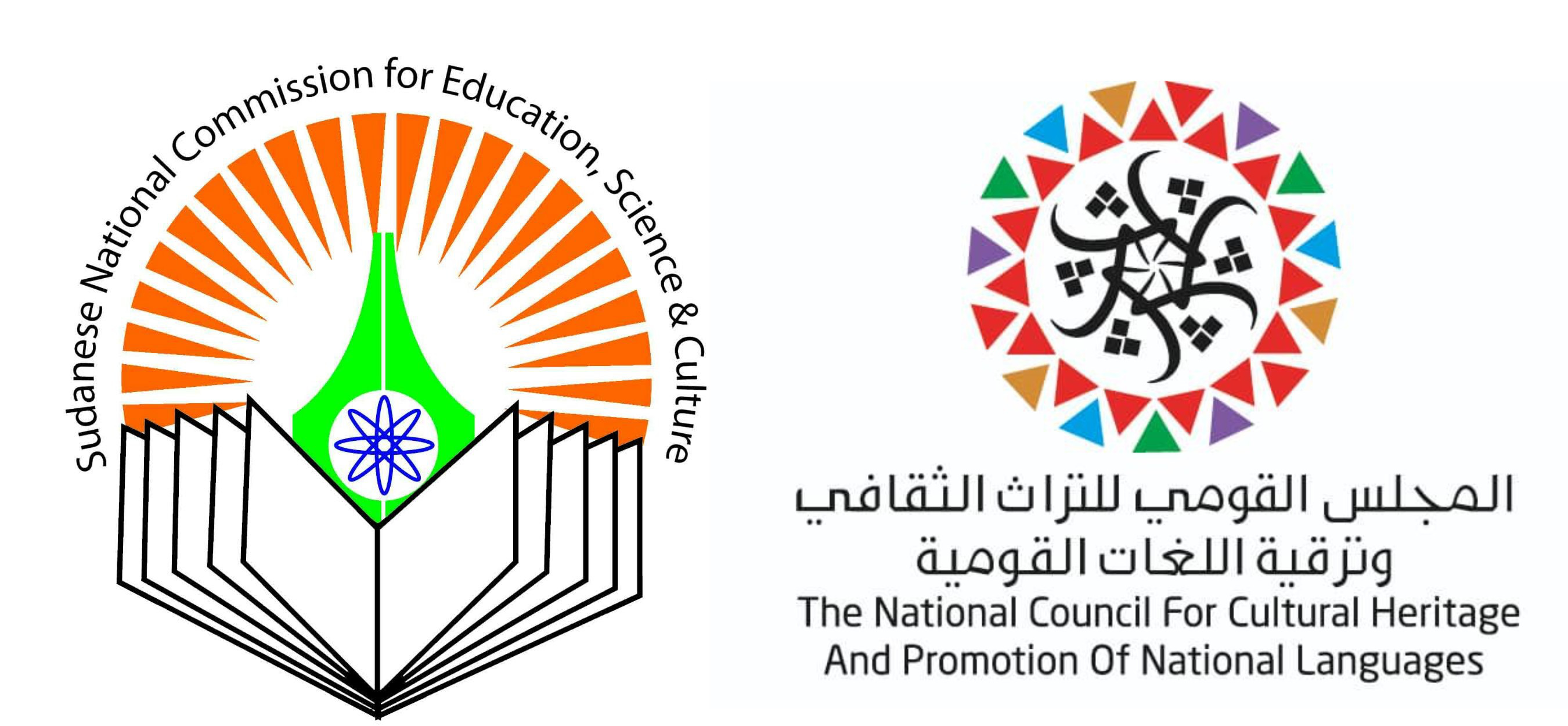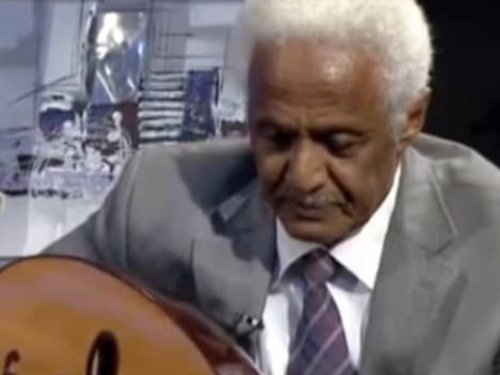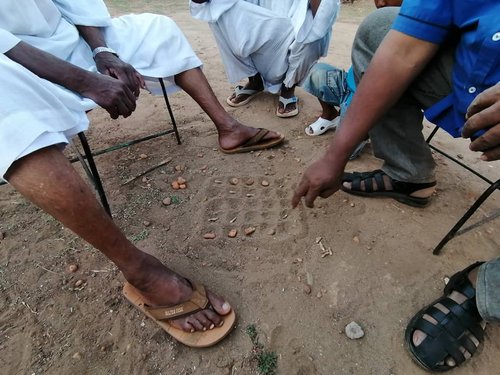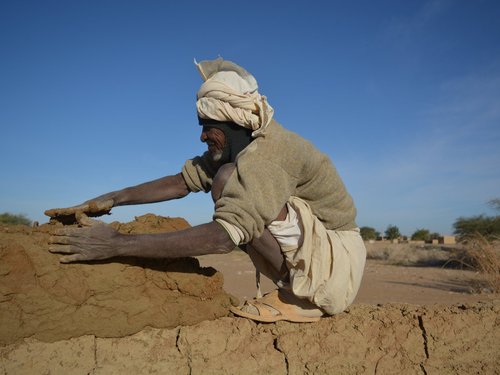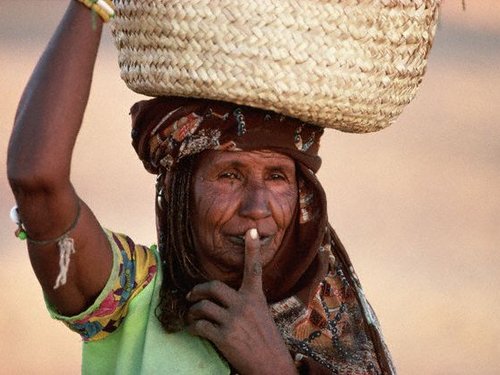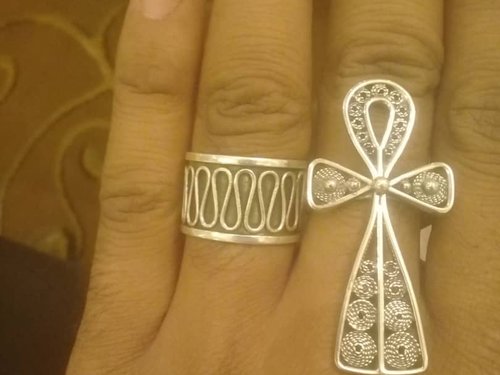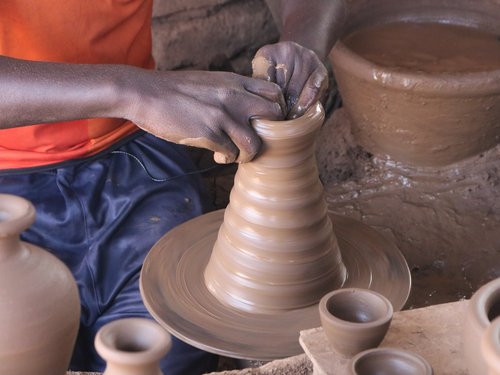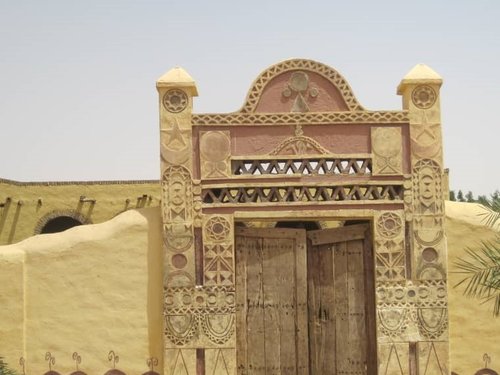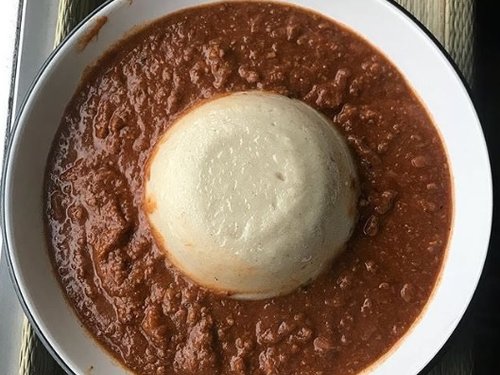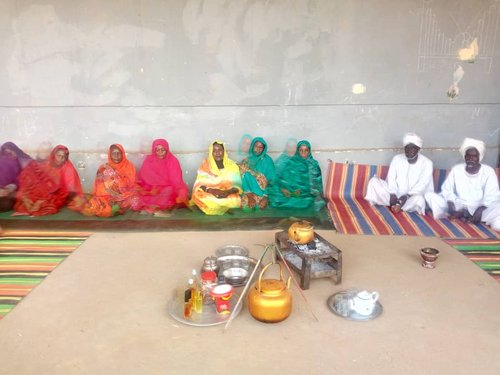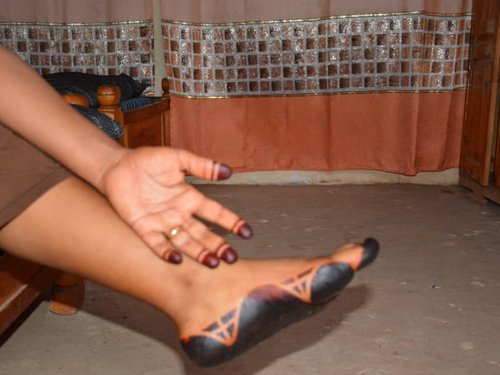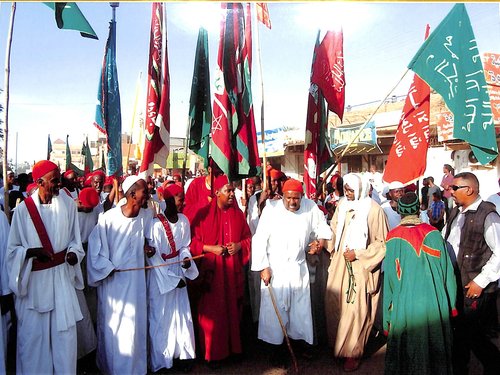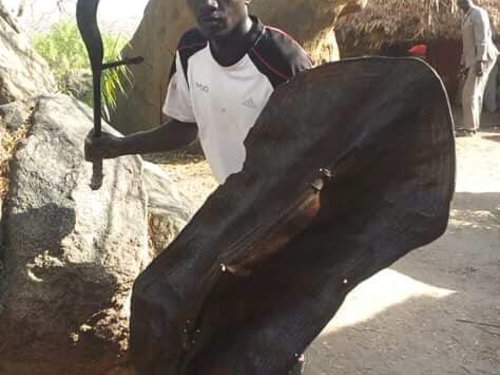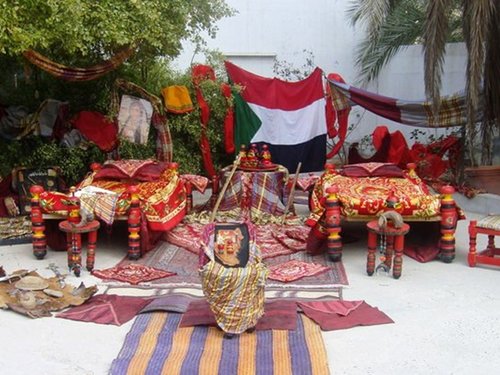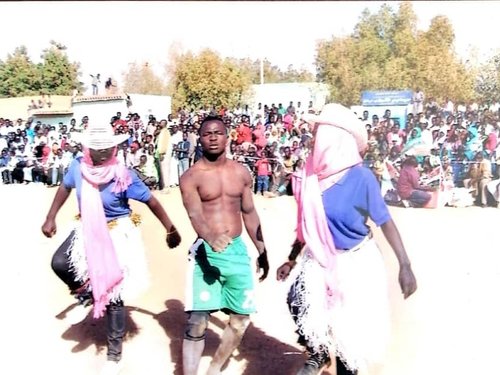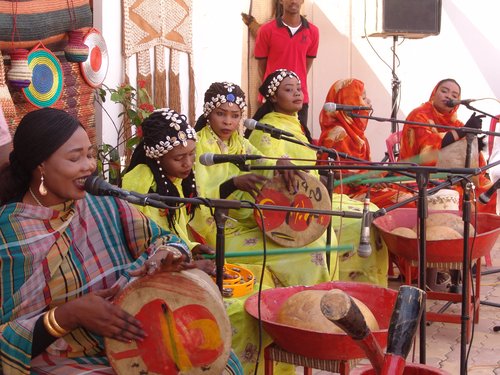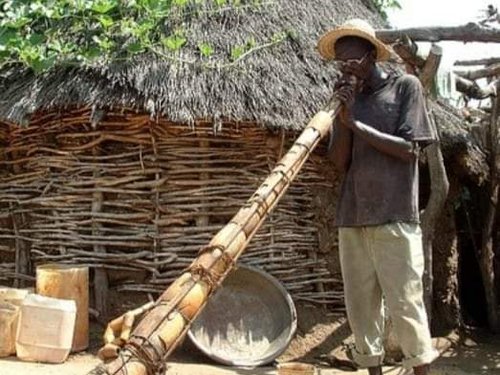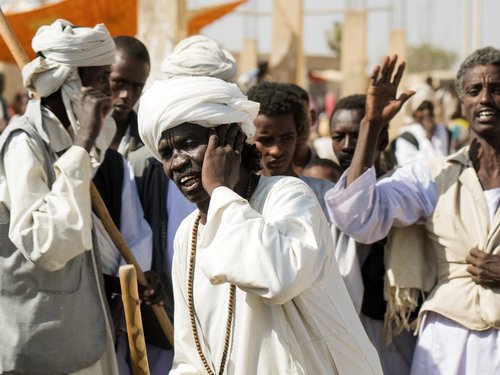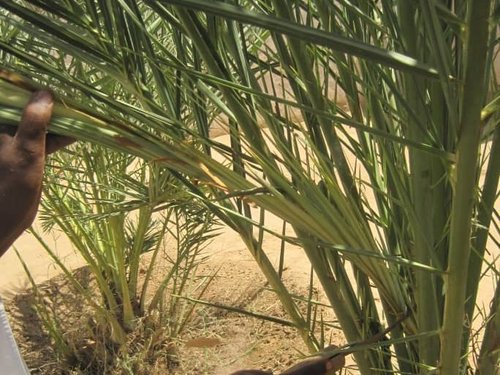The oud is a traditional musical instrument, classified as a stringed instrument. It is made of wood, strung by five strings, and is used to play individual or group songs using what is known as the pentatonic scale.
Sega is a traditional game that is classified as anelement of folk performing arts and is practiced byall groups of society, including adults, youth, boysand children
Al Sa’fiyyāt are the products made from date and dom palm fronds The profession is one of the traditional handicrafts that are an essential part of fine and plastic art. It is one of the crafts that is more representative of people’s collective creativity and indicative of their identity.
Engraving on metals (gold, silver and copper) is the engraving of shapes and symbols on the surfaces of these metals. They are used for adornment by women and men, and in same time are linked to customs and traditions. Also They are having cultural connotations related to beliefs and rituals; in particular with ritual protection.
Traditional craftsmanship skill by Shaping clay in different models and forms, to suit the daily needs and functions it is intended for
The decoration of Nubian homes is a women's work. The purpose of these decorations, besides the aesthetic dimension, is to protect the owners of the house from the evil eye. Special attention is given to the main entrance. The Nubian woman's love of adornment and beauty that stands behind her preoccupation with decoration.
The analogous stages for the development of food fermentations could be the gathering stage of fermented fruits and meats, the home fermentation of fruits and meats by simple storage at home, and finally, the domestication stage in which man interfered by manipulating various factors affecting the process of fermentation, such as the use of salt, spices and other additives to augment the flavour or even to direct the course of fermentation.
The Baramka council is a form of traditional and social practice that characterizes the Baqara (cowboy-grazing tribes) in Darfur and Kordofan, Western Sudan, where meetings are held specifically to drink tea in a ceremonial setting accompanied by singing and poetry that mostly glorify tea.
A religious Procession held by followers and devotees of Sheikh Hamad Al-Nil, accompanied by musicians carrying traditional instruments.
Jad’ an-Nar (or HAUKI), is a ritual cult practiced by members of the Berta tribe in the south of the Blue Nile, and is associated with the seasons of cultivation and harvest.
The festival held in Sinkat Town of eastern Sudan commemorates the memory of Al Sharifa Maryam Al Mirghania, known as the “Mother of the Poor” who was one of the most influential figures in modern history of the Beja communities of eastern Sudan.
Jirtiq refers to a set of rituals applied on the bride and bridegroom during their wedding ceremony, and to a lesser degree as part of the traditional practices in the circumcision of boys. It is also practiced in some other social settings such as at the seventh month of pregnancy.
Sibr al Lūba is an annual ritual event arranged by a group of South Kurdufān Nuba, especially the Nimang community. Sibr al Lūba or the Kunjiqar festival celebrates the end of the harvest season, and is attended by all members of the group.
The concept Aghāni al Banāt (Girls’ Songs) refers to a specific genre of traditional songs performed by women that addresses issues concerning this sector of the society. They express girls emotional aspirations influenced by their social environment using everyday vocabulary and addressing their theme in a direct manner.
Tambur songs of the Shayqiyya group are a type of music performed with the Tambur stringed instrument and some drums such as the Dalluka and Shatam (hand-held drum). They follow a specific rhythm pattern called ad-Dalib.
the music and instruments, which consist of a group of flutes of different sizes and lengths of precisely calculated dimensions. Each of the fourteen plus instruments produces its distinctive sound. The device is made from a specific type of gourd, cultivated near houses to grow rectangular.
Al Misdār is a folk poetry created by male poets who belong to the nomadic pastoral groups that live in the semi-desert regions, in particular the Butāna of eastern Sudan.
The palm tree’s cultivation is spread in many countries, the most important of which are: Sudan, the Kingdom of Saudi Arabia, Iraq, Egypt, Bahrain, the Gulf countries, the Maghreb, the Levant and other countries of the world. The date palm was appreciated and mentioned in ancient times, and it is glorified by all religions. It is mentioned extensively in the Torah, Talmud, and Bible, and mentioned in the Qur’an
